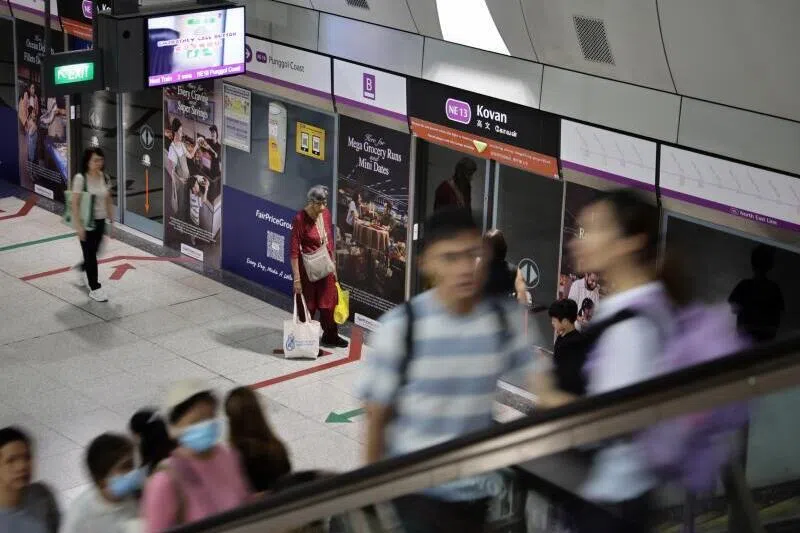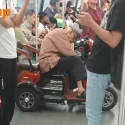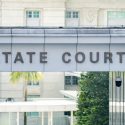SINGAPORE – Three days a week, software architect Kumar, who goes by a single name, takes a bus from his home in Kovan to Serangoon MRT station so that he can travel to his office near the Expo via the Circle and Downtown MRT lines.
But the 43-year-old said he will soon change his travel plans and start instead from Kovan MRT station on the North East Line (NEL), after learning about a new scheme that will offer free off-peak rail rides to ease the morning rush-hour congestion.
Starting from Dec 27, passengers who tap in before 7.30am, or between 9am and 9.45am, on weekdays at any Sengkang-Punggol LRT (SPLRT) station or six NEL stations
will get to take their first rail ride at no charge.
The six NEL stations are Punggol Coast, Punggol, Sengkang, Buangkok, Hougang and Kovan.
Announced on Oct 18, the scheme is part of the Government’s latest push to reduce train congestion in north-eastern Singapore, especially on the crowded NEL.
Mr Kumar already boards the train at Serangoon just after 9am. With the new incentive, he said he would switch his boarding station to Kovan so he can benefit from the scheme.
“I can save about $24 every month. That’s a good deal,” he said.
Passengers interviewed by The Straits Times in Kovan and Sengkang said they welcomed the free rail rides, though they pointed out that the trains on the NEL and SPLRT are already crowded during off-peak hours. They suggested other ways in which the authorities can alleviate the crowds, such as by increasing the frequency of buses to the city, and increasing publicity on travel discount schemes to encourage participation.
Ms Siti Aluwiyah, 33, who takes the LRT from the Farmway stop to Sengkang station before heading towards her workplace in Changi South, said the crowd already starts building at about 7am because of school-going children.






